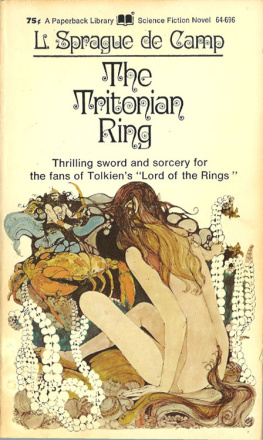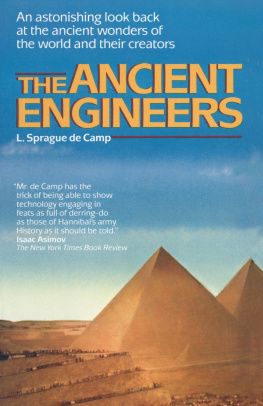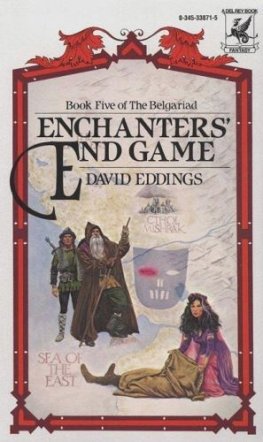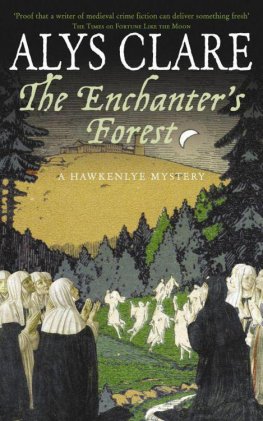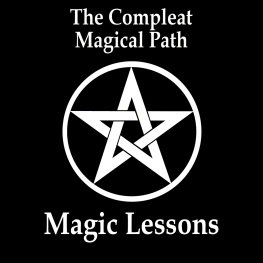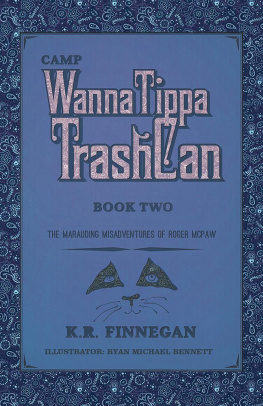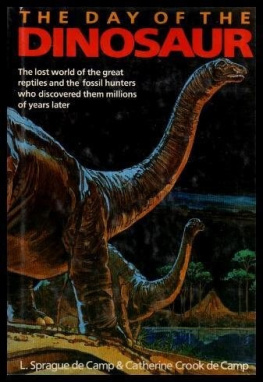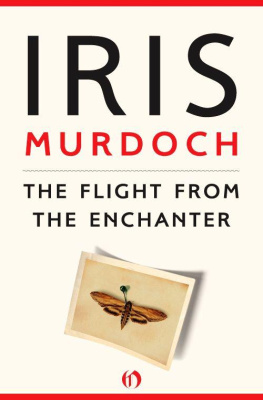L. Sprague de Camp - The Compleat Enchanter: The Magical Misadventures of Harold Shea
Here you can read online L. Sprague de Camp - The Compleat Enchanter: The Magical Misadventures of Harold Shea full text of the book (entire story) in english for free. Download pdf and epub, get meaning, cover and reviews about this ebook. year: 1976, publisher: Ballantine Books, genre: Detective and thriller. Description of the work, (preface) as well as reviews are available. Best literature library LitArk.com created for fans of good reading and offers a wide selection of genres:
Romance novel
Science fiction
Adventure
Detective
Science
History
Home and family
Prose
Art
Politics
Computer
Non-fiction
Religion
Business
Children
Humor
Choose a favorite category and find really read worthwhile books. Enjoy immersion in the world of imagination, feel the emotions of the characters or learn something new for yourself, make an fascinating discovery.

- Book:The Compleat Enchanter: The Magical Misadventures of Harold Shea
- Author:
- Publisher:Ballantine Books
- Genre:
- Year:1976
- Rating:5 / 5
- Favourites:Add to favourites
- Your mark:
- 100
- 1
- 2
- 3
- 4
- 5
The Compleat Enchanter: The Magical Misadventures of Harold Shea: summary, description and annotation
We offer to read an annotation, description, summary or preface (depends on what the author of the book "The Compleat Enchanter: The Magical Misadventures of Harold Shea" wrote himself). If you haven't found the necessary information about the book — write in the comments, we will try to find it.
The Compleat Enchanter: The Magical Misadventures of Harold Shea — read online for free the complete book (whole text) full work
Below is the text of the book, divided by pages. System saving the place of the last page read, allows you to conveniently read the book "The Compleat Enchanter: The Magical Misadventures of Harold Shea" online for free, without having to search again every time where you left off. Put a bookmark, and you can go to the page where you finished reading at any time.
Font size:
Interval:
Bookmark:
Table of Contents
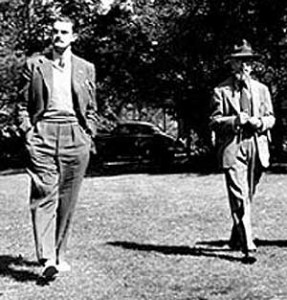
According to L. Sprague de Camp, Pratt was born near Tonawanda (town), New York, and attended Hobart College for one year. During the 1920s he worked for the Buffalo Courier-Express and on a Staten Island newspaper. In 1926, he married Inga Stephens Pratt, an artist. In the late 1920s he began selling stories to pulp magazines. Again, according to de Camp's memoir, when a fire gutted his apartment in the 1930s he used the insurance money to study at the Sorbonne for a year. After that he began writing histories.
Wargamers know Pratt as the inventor of a set of rules for civilian naval wargaming before the Second World War. This was known as the "Naval War Game" and was based on a wargame developed by Fred T. Jane involving dozens of tiny wooden ships, built on a scale of one inch to 50 feet. These were spread over the floor of Pratt's apartment and their maneuvers were calculated via a complex mathematical formula. Noted author and artist Jack Coggins was a frequent participant in Pratt's Navy Game, and De Camp met him through his wargaming group.
Pratt established the literary dining club known as the Trap Door Spiders in 1944. The name is a reference to the exclusive habits of the trapdoor spider, which when it enters its burrow pulls the hatch shut behind it. The club was later fictionalized as the Black Widowers in a series of mystery stories by Isaac Asimov. Pratt himself was fictionalized in one story, "To the Barest", as the Widowers founder, Ralph Ottur.
He was also a charter member of The Civil War Round Table of New York, organized in 1951, and served as its president from 1953-1954. In 1956, after his death, the Round Table's board of directors established the Fletcher Pratt Award in his honor, which is presented every May to the author or editor of the best non-fiction book on the Civil War published during the preceding calendar year.
Aside from his historical writings, Pratt is best known for his fantasy collaborations with de Camp, the most famous of which is the humorous Harold Shea series, was eventually published in full as The Complete Compleat Enchanter (1989, ISBN 0-671-69809-5). His solo fantasy novels The Well of the Unicorn and The Blue Star are also highly regarded.
Pratt wrote in a markedly identifiable prose style, reminiscent of the style of Bernard DeVoto. One of his books is dedicated "To Benny DeVoto, who taught me to write."
Several of Pratt's books were illustrated by Inga Stephens Pratt, his wife.
The Magical Misadventures of Harold Shea
(Murray) Fletcher Pratt, the son of an upstate New York farmer, was born on the Indian reservation near Buffalo. He claimed that this gave him the right to hunt and fish in New York State without a licence, but he never availed himself of the privilege.
Font size:
Interval:
Bookmark:
Similar books «The Compleat Enchanter: The Magical Misadventures of Harold Shea»
Look at similar books to The Compleat Enchanter: The Magical Misadventures of Harold Shea. We have selected literature similar in name and meaning in the hope of providing readers with more options to find new, interesting, not yet read works.
Discussion, reviews of the book The Compleat Enchanter: The Magical Misadventures of Harold Shea and just readers' own opinions. Leave your comments, write what you think about the work, its meaning or the main characters. Specify what exactly you liked and what you didn't like, and why you think so.

